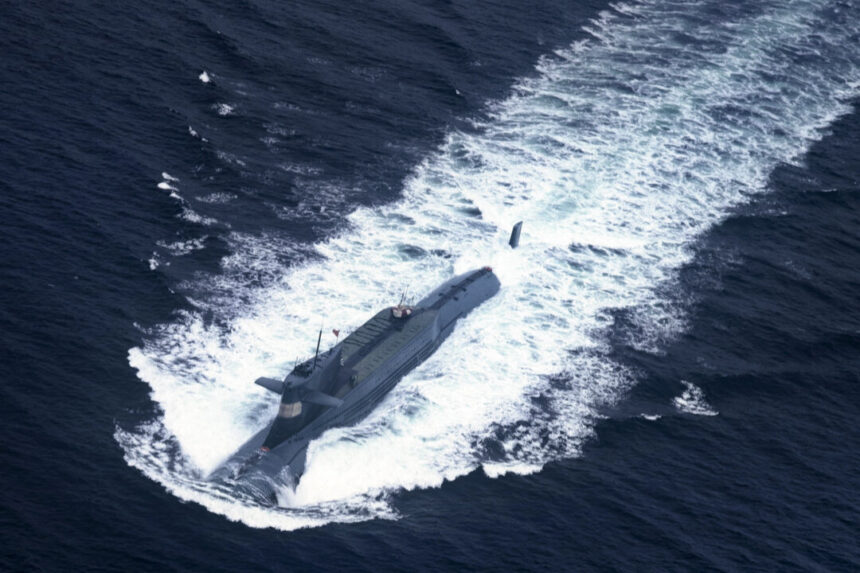A new report from the United States Studies Centre highlights that India’s focus on its land border with China may lead to the erosion of its power in the Indian Ocean. The report warns that China’s growing naval capabilities and presence in the region pose a significant strategic risk to India and its allies.
The Chinese Navy is expanding rapidly, with plans for more aircraft carriers, cruisers, destroyers, and frigates. China also has military bases and access to ports in strategic locations around the Indian Ocean, giving it a foothold in the region. This increased presence, including submarine activities, raises concerns for India’s security.
While India has made significant investments in its navy over the years, recent border tensions with China have shifted its focus and resources away from maritime security. The report emphasizes the need for Australia and the United States to support India in strengthening its naval capabilities in the Indian Ocean.
The report calls for international cooperation, particularly in anti-submarine warfare, to counter China’s growing influence in the region. It suggests increased data sharing and technological collaboration among Australia, the United States, India, and potentially Japan to enhance their collective maritime capabilities.
Overall, the report underscores the importance of strategic partnerships and joint efforts to maintain stability and security in the Indian Ocean amidst China’s expanding naval presence.
While recognizing that the process of recapitalizing India’s attack submarine fleet is complex, the report proposes that partner nations collaborate on developing UUVs, sensors, and artificial intelligence algorithms for data processing. They could also work together on co-developing ASW sensors for deployment on various platforms to enhance data sharing among participating navies.
The Centre recommends establishing a Combined Anti-Submarine Warfare Operations Centre (CASWOC) as an “aspirational goal,” potentially located at HMAS Stirling in Perth, to improve coordination of ASW operations among allied nations.
It acknowledges the risks involved in sharing sensitive anti-submarine and undersea warfare data, particularly concerns about data ending up in the hands of adversarial parties. However, the Centre suggests that with technical and procedural assurances, data sharing risks can be managed as trust is built over time.
The report emphasizes that partner nations cannot match China’s naval capacity directly and must rely on technology and international cooperation to offset their disadvantages.





